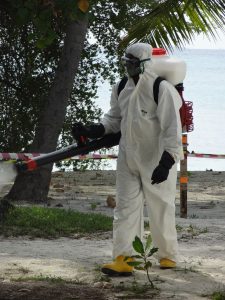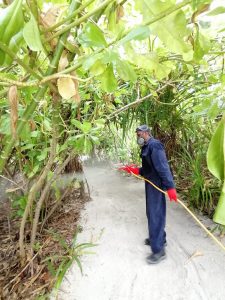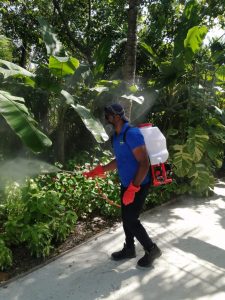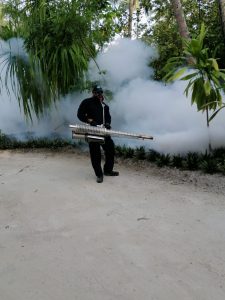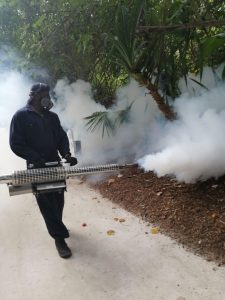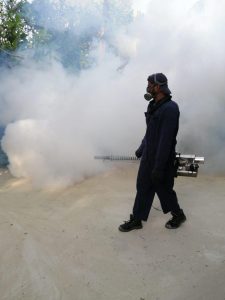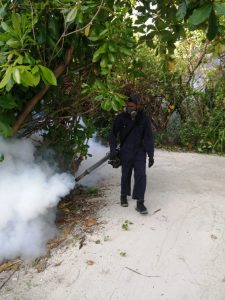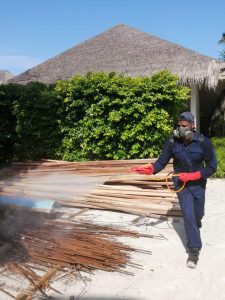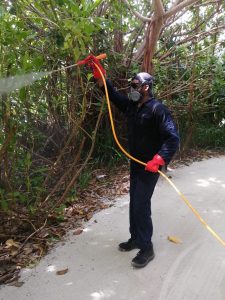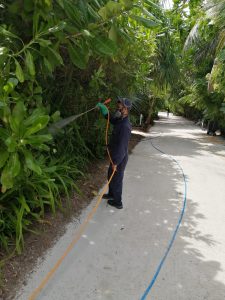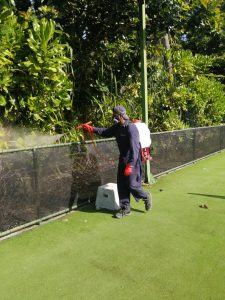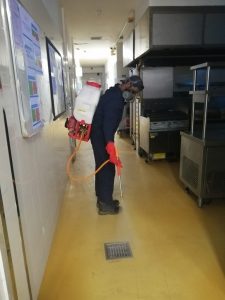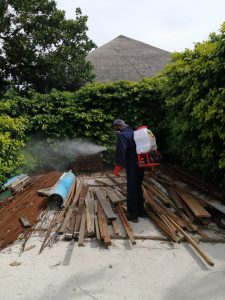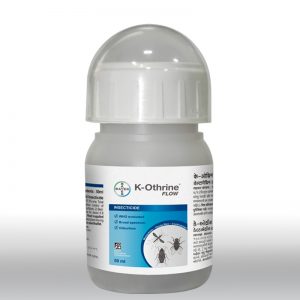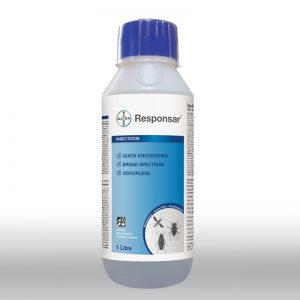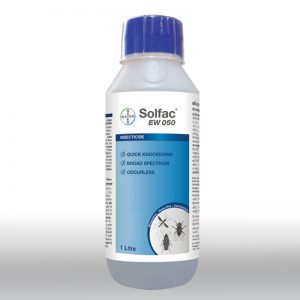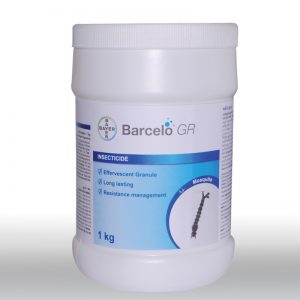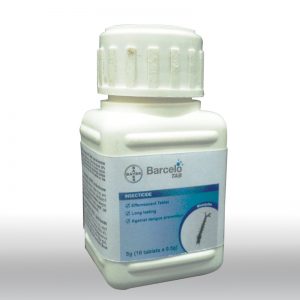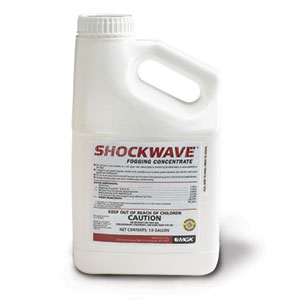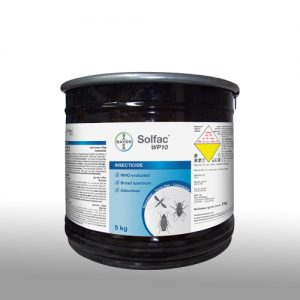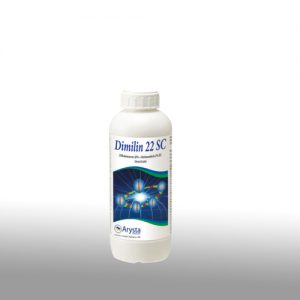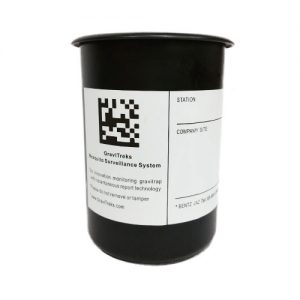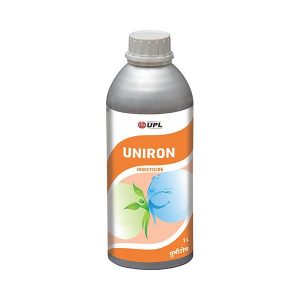Mosquitoes identified to be the ‘WORLD”S DEADLIEST INSECT’. They are infamous for spreading extremely dangerous diseases such as malaria, dengue, brain fever, cerebral malaria and filariasis. Having a mosquito infestation in close proximity to you and your family is an extremely dangerous situation and can be fatal. It’s very important to prevent the mosquito breeding and spreading on timely manner or it will become a menace threatening the life of people.
Mosquito management is achieved through two distinct process.
- Controlling the larval stage
- The greatest impact on mosquito populations will occur when they are concentrated, immobileand accessible. This emphasis focuses on habitat management and controlling the immature stages (egg, larva, and pupa) before the mosquitoes emerge as adults.
- This approach maximizes the effectiveness of pesticide application and minimizes the use from widespread pesticide application.
- Larvicides target larvae in the breeding habitat before they can mature into adult mosquitoes and disperse.
- Larvicide treatment of breeding habitats helps reduce the adult mosquito population in nearby areas.
- Controlling the Adult stage
- Using an EPA-registered pesticide is one of the fastest and best options to combat an outbreak of mosquito-borne disease being transmitted by adult mosquitoes. The pesticides registered for this use are known as adulticides.
- Mosquito adulticides are applied as Residual spray, Thermal fogging or ultra-low volume (ULV) sprays. ULV sprayers dispense extremely small droplets. The small droplet size makes the pesticide more effective, which means less pesticide is used to better protect people and the environment.
Pesterminators utilize a scientific and integrated approach to get rid of the mosquitoes in the premise. Our experts carry out a thorough inspection of the site and its surroundings to determine the affected areas. A plan of action is then prepared and executed using chemical, non-chemical and biological control methods.
